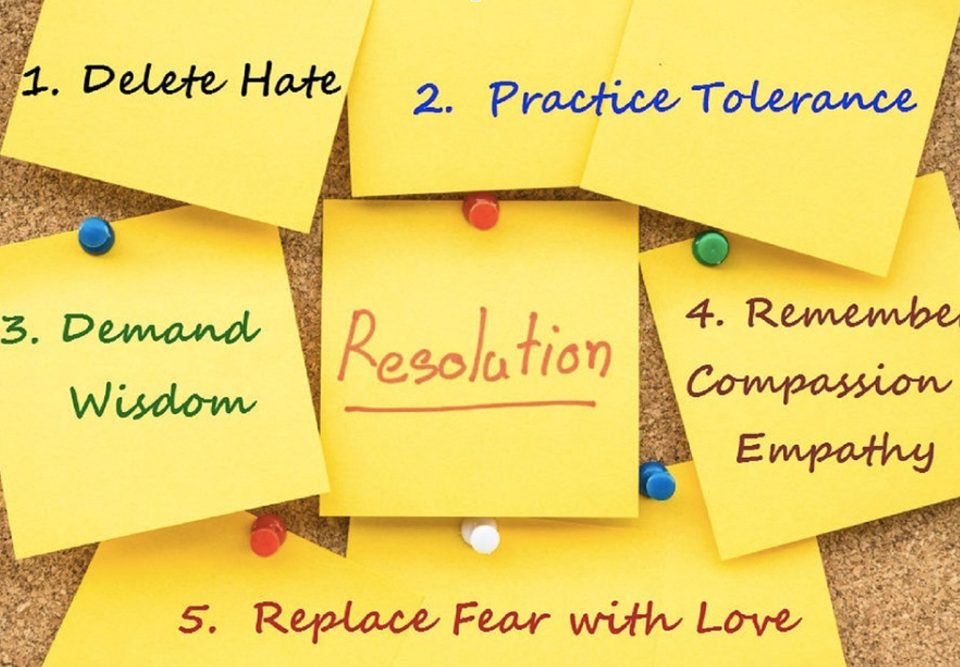Food Pioneers Are Thinking of You!
Their Habit Hurts You? (#1)
September 30, 2013When Their Habit Hurts You: (#2: Hiding Out)
October 7, 2013When I tossed the french fry cooker, there was no place to go but up.
Lately, I’ve been thinking about the changes so many of us have made away from diets heavy on meat and processed foods to fresh organic greens. Two women led the way 42 years ago — practically ancient history if you were born after 1971.
That’s the year Frances Moore Lappé and Alice Waters came on the scene — Lappé with her book, Diet for a Small Planet, and Waters with her restaurant, Chez Panisse. Both of these visionaries had a big impact on how we think of healthy food today.
Not too long ago meat-heavy meals were routine — and vegetables were not just side dishes. They were overcooked side dishes. That was before Lappé’s book.
One thing Lappé disclosed in Diet for a Small Planet is the fact that we grow enough food on this planet to feed every single person. But our production and distribution systems cause starvation.
She also made plant-based diets acceptable and public policy about food understandable. The brief time I was an intern at the San Francisco Bay Area headquarters of Food First, which Lappé co-founded, taught me that nutrition is not just what you eat – it’s also how that food is grown and distributed.
So Diet for a Small Planet was selling like organic hotcakes when Waters opened her restaurant Chez Panisse in Berkeley. Although it was many years before she became known beyond the Bay Area, her Edible Schoolyard project that connects children personally with the food they eat now has affiliates across the nation. The White House organic garden is a testament to her commitment (Waters first proposed it in the 1990s).
Other indications suggest changes in the right direction.
Want to know how to shop smart in a supermarket? Find out in less than 2 minutes from UC Berkeley journalism professor Michael Pollan. You may have heard about his book The Omnivore’s Dilemma.
Supermarket Secrets was first posted online in 2010. Recently it’s getting new life through the Nourish Life project.. Pollan, Waters, Lappe’s daughter Anna, and others are educating schools and communities about food and sustainability.
A second video, “Michael Pollan’s Food Rules,” is good news, too. In 2012, Marija Jacimovic and Benoit Detalle won a special competition for their animated summary of Pollan’s 2010 talk to the Royal Society for the encouragement of Arts in Britain. The RSA is the group who popularized those fast-paced whiteboard illustrations of popular speeches.
Then in 2012, Forbes Magazine reported on a study aptly titled, “Trouble in Aisle 5,” with tough news for supermarkets, confirming that the Millennial generation isn’t interested in food-like edible substances found in cans, boxes or other packaging. They want healthy food, choose organic and they’d rather buy their food from small stores or shops.
That’s good news.
~ ~ ~
If you feel caught in an unhealthy spiral about food, internet searches may not be enough. Many problems with food start in the family, with attitudes, beliefs and buying habits. Counseling can help you sort it all out and support life-affirming ways to nourish yourself — and not just with food!



